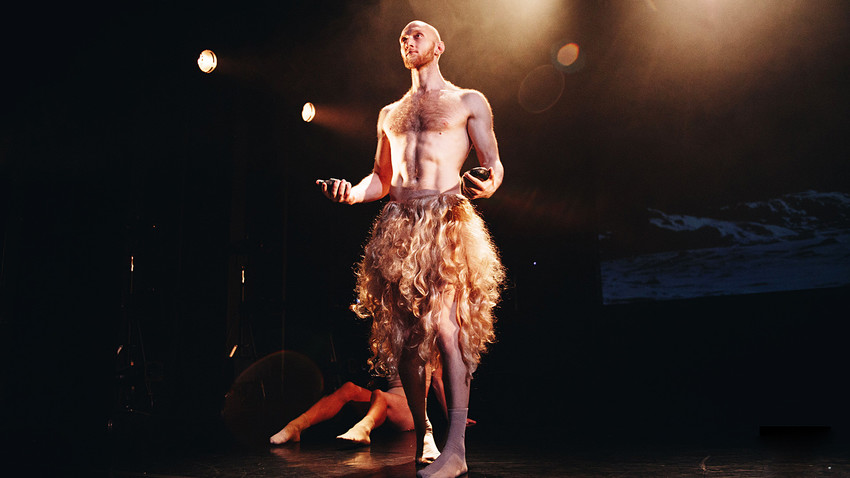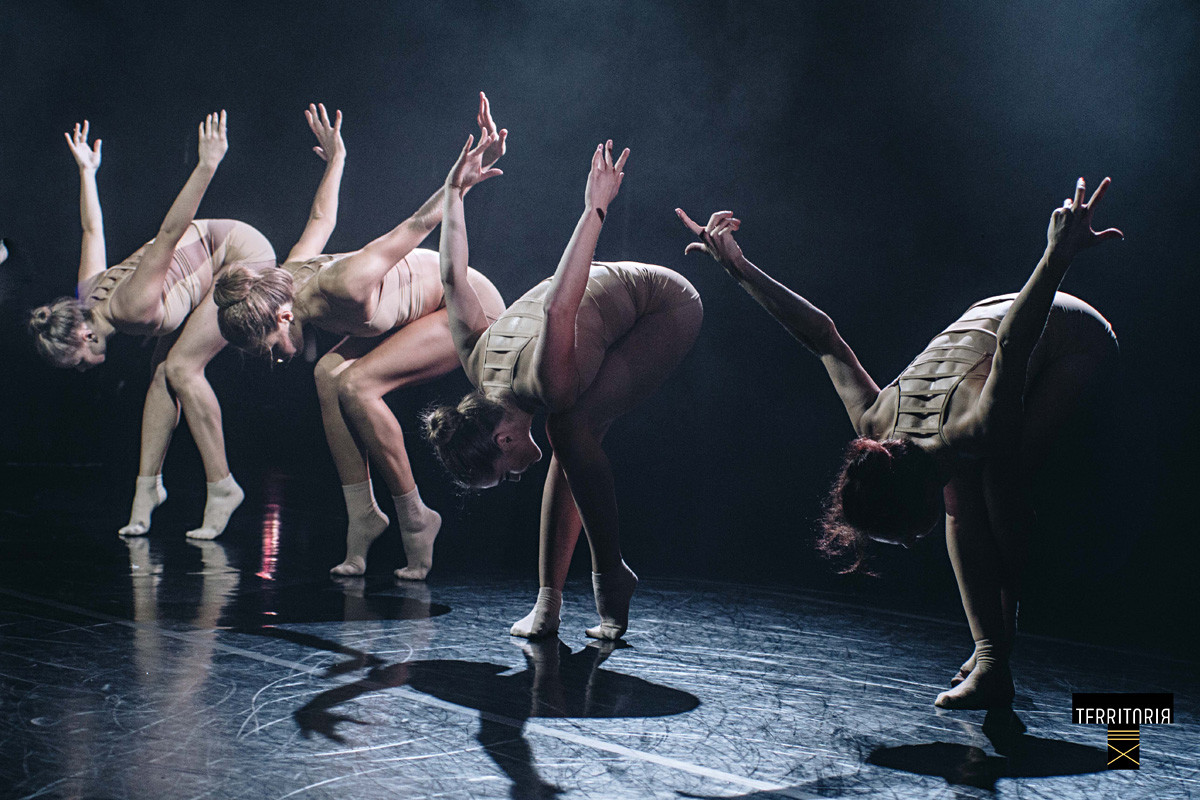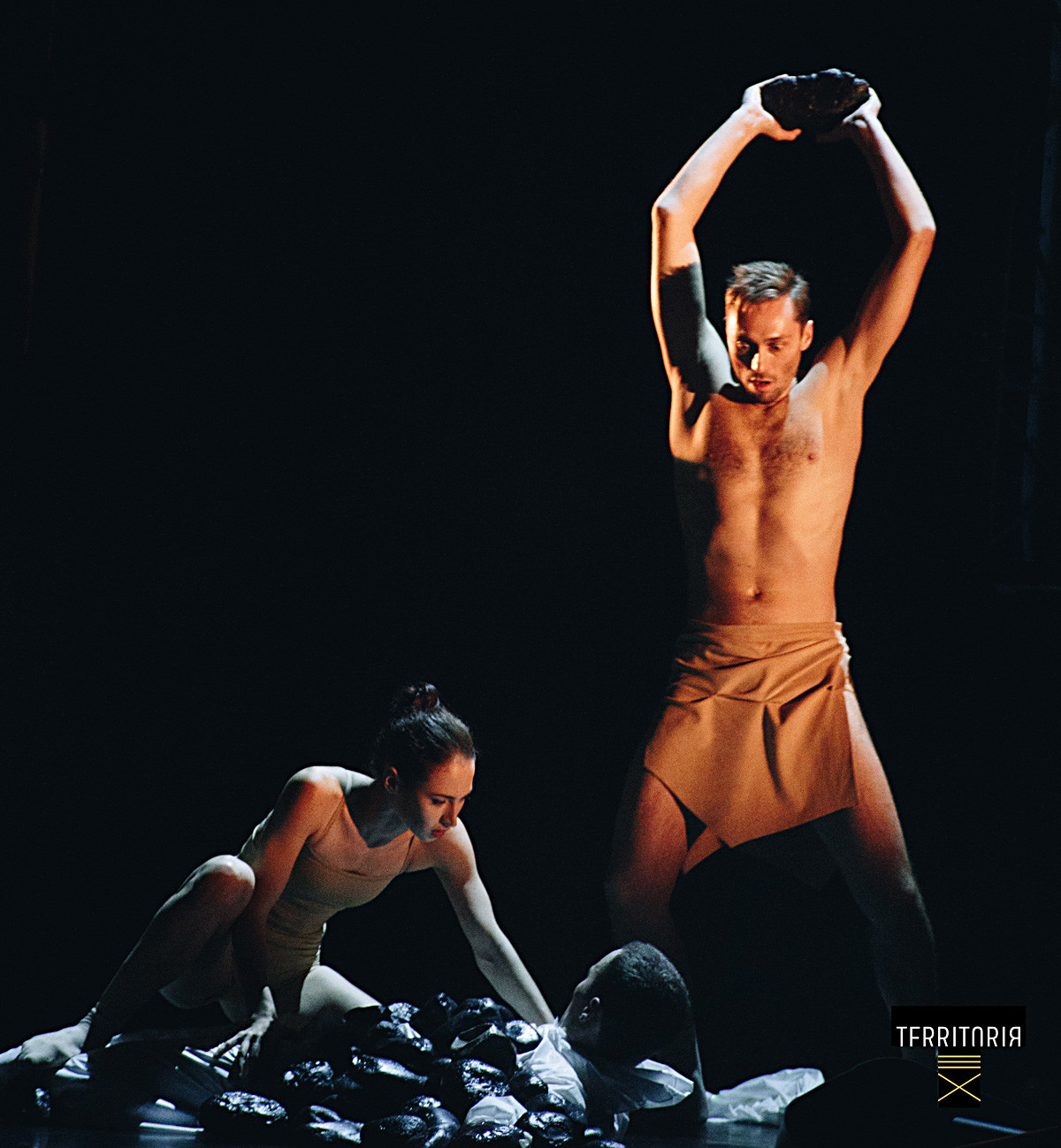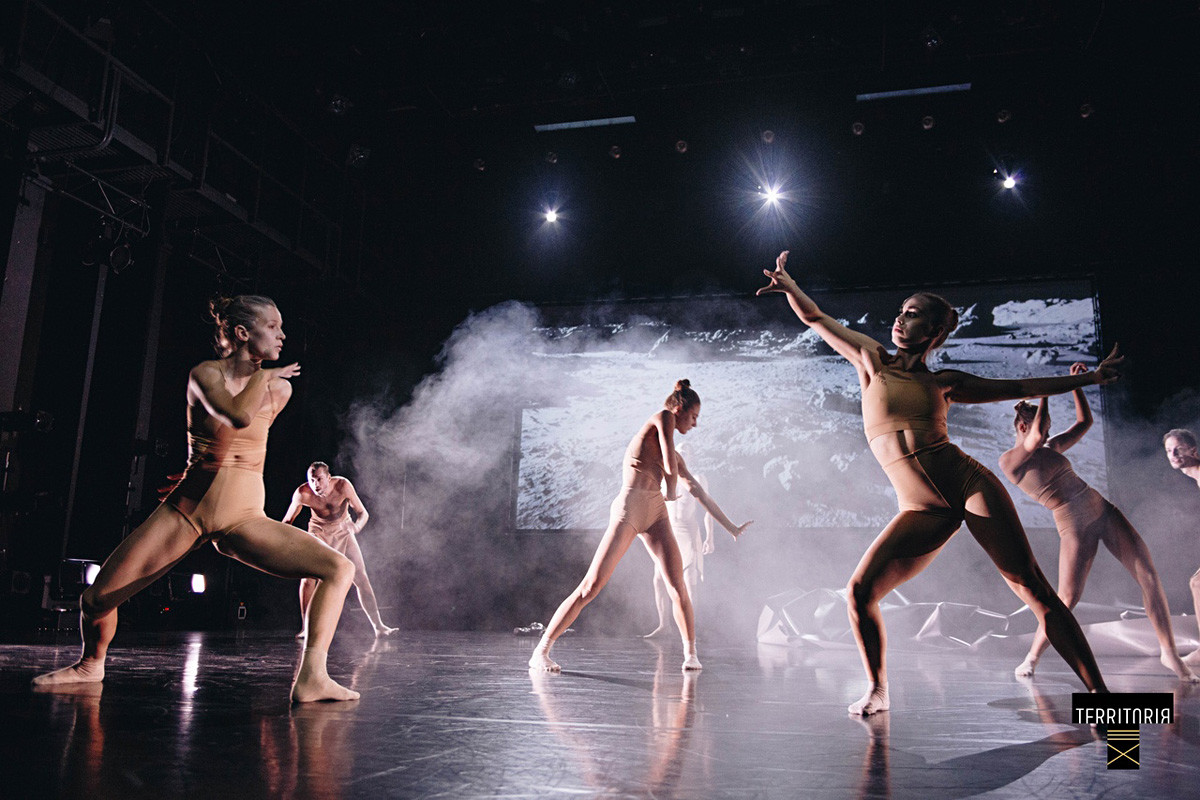Why did a Russian provincial theater stage a version of Aldous Huxley’s dystopian novel?

An artist of the Voronezh Chamber Theater plays The Chief, a violent leader of a tribe living in a post-apocalyptic world.
Gleb Kuznetsov / Territory FestivalBest known for his 1932 novel Brave New World, which portrays the senseless future of satiated,drug-sedated humans, British writer and visionary Aldous Huxley (1894–1963) wasn’t done with dystopias after writing his No. 1 hit. In 1948, after the horrors of WWII, he published another, little known and even scarier novel, Ape and Essence.
Set in a post-apocalyptic future, where “nuclear and chemical weapons found their aims”, Ape and Essence
Perhaps too dark to become a success, Ape and Essence was only ever adapted for the screen once - by the BBC in the UK in an episode of ‘The Wednesday Play’ series that aired in 1966 – but in Sept. 2018, Russian choreographer Konstantin
Symbiotic work
Keihel works as a choreographer mostly in the famous Mariinsky Theater in St. Petersburg; he was brought to Voronezh under the “Art Laboratories” project, sponsored by the “Territory” Festival School and SIBUR petrochemicals company. The project connects local theaters and artists with directors and choreographers from Russia’s cultural centers (mainly Moscow and St. Petersburg).
For the young artists of the Voronezh Chamber Theater troupe, it was a great opportunity to work with an experienced choreographer, while
Pressing challenges
“We didn’t try to put Huxley on stage word by word, that would be impossible,” explains
In Russia, like elsewhere in the world, these issues are pressing. Russia ranks 4th in the list of countries in terms of carbon dioxide emissions, and, as ecologists say, faces the dire consequences of global warming.
No happy ending
Through all of this, the authors create a very dark world, where beauty, love
Apocalypse and art
The Voronezh audience seemed to agree, giving Silent Spring a standing ovation on the day of
Of course, Voronezh is far from being the only regional city in Russia where theater thrives. Here's our list of provincial stages in our country definitely worth visiting.
If using any of Russia Beyond's content, partly or in full, always provide an active hyperlink to the original material.
Subscribe
to our newsletter!
Get the week's best stories straight to your inbox



